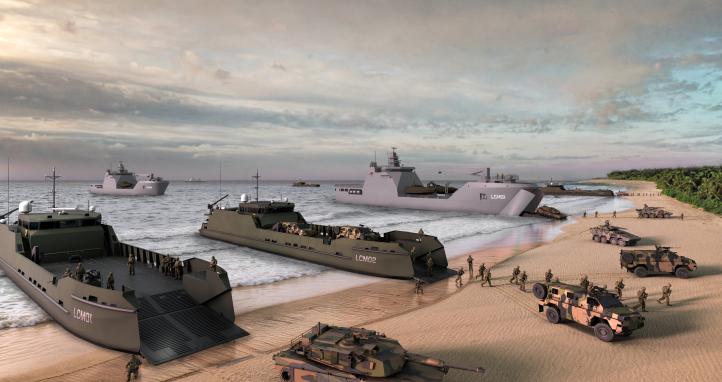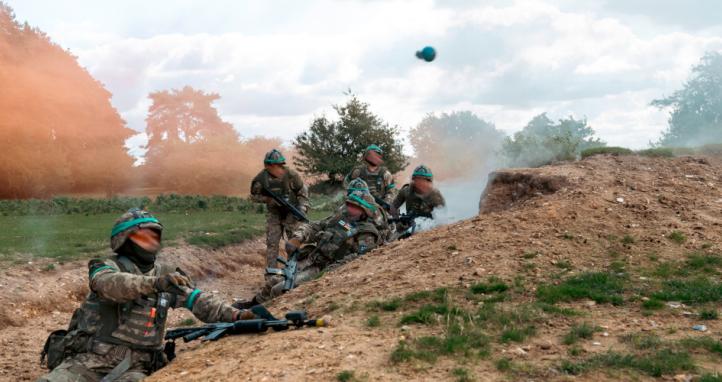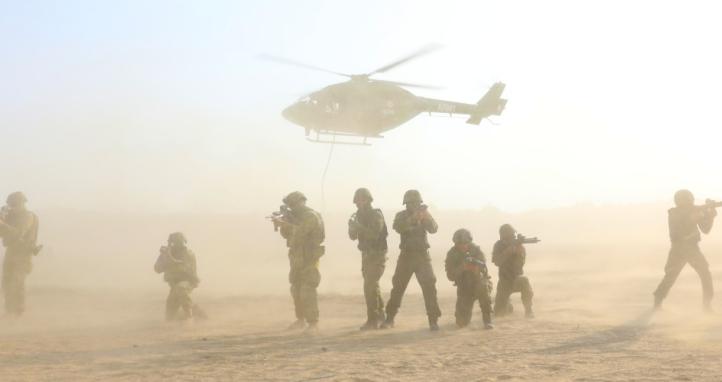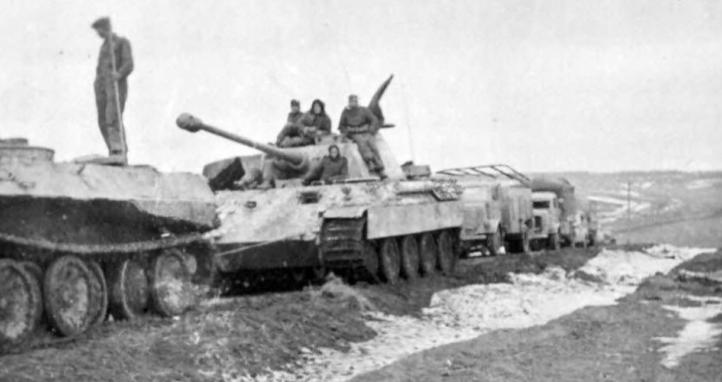The Army has built a solid foundation for PME based on the Ryan Review and the Chief of Army’s PME Strategy of 2017. The Forces Command PME Plan, Developing the Military Professional for an Era of Accelerated Warfare, builds on this foundation and creates a comprehensive way forward that maximises our people’s access to quality development regardless of rank, trade, SERCAT or corps.
Officers, Senior Non-Commissioned Officer and Warrant Officers often disappear for a few hours to conduct PME; however, it is just as important for you to be involved at some level. Your experience or perception of PME may have centred around book reviews or writing essays, but here at The Cove we think it can be far more interesting and enjoyable than that. It can be a simple as watching a video or reading an article and then discussing with your section. We actually think that talking in a group and exchanging ideas and opinions is one of the best ways to conduct PME because you can learn from other peoples' perspective and it also challenges your way of thinking.
The image above is on Captain Dylan Conway. Captain Conway was recently bed-ridden for 14 months after surgery. As a means of keeping his mind occupied, Captain Conway read more than 100 books on self-development, from recounts of combat operations and philosophy to stories of perseverance in times of extreme hardship. He is an example of a point made in the extract below by RSM-A on the importance of PME:
Discussion Points
1. Why do you think PME is so important in Army and how does it differ to training?
Check out the Cove Introductory video below. Does this change your mind on the importance of PME in the Army?
2. How do you conduct PME? YouTube videos, podcasts, the newspaper, books?
3. What ideas have you got to facilitate JNCO / Soldier PME in your unit?
4. When was the last time you conducted a unit PME activity?
5. What topics are most valuable to you and why?
Reflection
Reflection is an important element of learning. It allows us to consider theories or events, and understand how they might apply to us. One way to conduct reflection is using the 'what, so what, now what' process. In this instance, this process could be used like this:
- WHAT did I learn from considering this scenario?
- SO WHAT am I going to do about what I’ve learned?
- NOW WHAT does that learning mean for my own practice as a military professional?
Other activities
If you enjoyed this activity, why not try the other QMEs available on The Cove?
Concluding Comments
This QME is designed to help junior commanders to develop and deliver PME in their unit. If you have feedback or suggestions for improvement to this activity (for example; readings or reference material, alternate discussion points or delivery method), please contact The Cove Team via the.cove@defence.gov.au or leave a comment below in this QME.









